Israel’s next general election is about two years away, but the newly elected leader of the center-left Labor Party, Avi Gabbay, is already maneuvering for advantage.
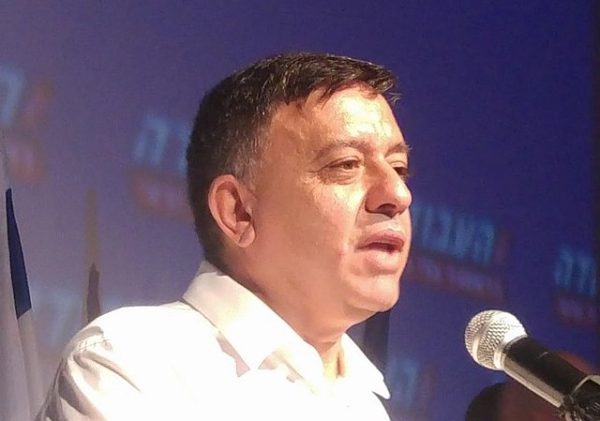
Gabbay, who was elected to his post in July, has moved the Labor Party rightward in the hope of siphoning votes away from Prime Minister Benjamin Netanyahu’s right-wing Likud Party. He and Yair Lapid, the leader of the middle-the-road Yesh Atid Party, are both trying to position themselves as the centrist alternative to the Likud, which has been in power for the past eight years.
Essentially, Gabbay is attempting to rebuild and reconfigure a party that has seen much better days.
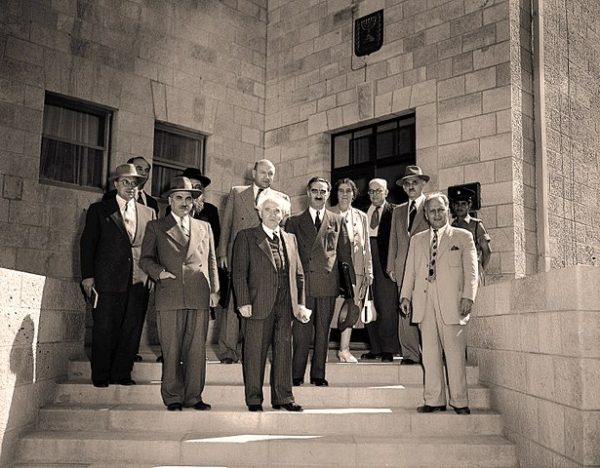
Under a succession of leaders ranging from David Ben-Gurion to Shimon Peres, the Labor Party completely dominated Israeli politics from 1949 to 1977, the year the Likud won its first general election. In 1992, with Yitzhak Rabin leading it for the second time, the party coasted to victory with 44 Knesset seats. But in 2009, with Ehud Barak at the helm, it was reduced to only 13 seats.
In the last election, with Issac Herzog guiding its fortunes, the Labor Party formed an alliance with Tzipi Livni’s Hatnua Party, renamed itself the Zionist Union and captured a total of 24 seats, of which Labor contributed 18.
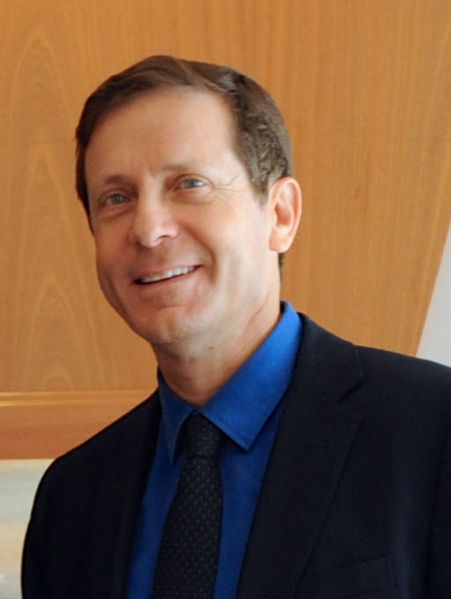
During its heyday, the Labor Party could depend on various constituencies — Israeli Arabs, working-class Jews of Middle Eastern origin and Orthodox Jews. In recent decades, these groups have abandoned it in droves, and now the party is chiefly identified with secular Israelis of European descent.
Gabbay, whose parents immigrated to Israel from Morocco, wants to win back some of these defectors, particularly Sephardic voters, who tend to be politically hawkish, in keeping with Israel’s drift to the right since the 1967 Six Day War and the second Palestinian uprising, which erupted in September 2000.
Given these realities, Gabbay is steering Labor in a different direction. In mid-October, in a radical departure from Labor Party policy, he declared he would not relinquish Israeli settlements in the West Bank. As he put it, “I won’t evacuate settlements in the framework of a peace deal. If you are making peace, why do you need to evacuate?”
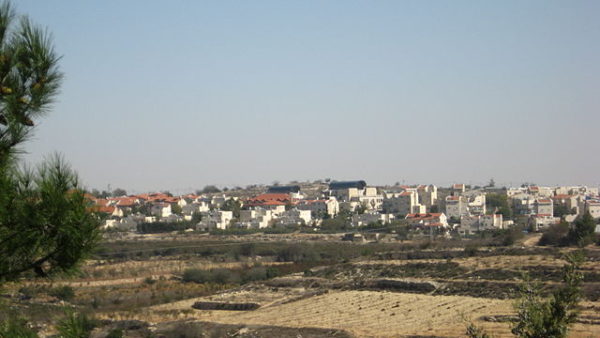
Shortly afterward, he described the settlements as “the beautiful and devoted face of Zionism” and said that the Jordan Valley in the West Bank should form Israel’s eastern security border.
With these comments, Gabbay effectively aligned himself with Netanyahu’s pro-settlement stance, which the Labor Party has opposed.
His lurch to the right raised hackles in Labor Party ranks and forced him to reiterate his commitment to a two-state solution. “I think it’s the only solution,” he said, trying to defuse criticism.
Gabbay’s pronouncements have placed him firmly in the center of Israeli politics. This is hardly surprising, since he was a founder of the centrist Kulanu Party, which is still a member of Netanyahu’s coalition.
From 2007 to 2013, Gabbay was the chief executive officer of the Israeli telecommunication company Bezeq. From 2015 to 2016, he was minister of environmental protection in Israel’s government. He resigned in protest over Netanyahu’s decision to appoint Avigdor Liberman as minister of defence, claiming his appointment signified an unacceptable shift to the right.
After challenging Herzog for the Labor Party’s leadership, Gabbay released a policy paper endorsing the creation of a demilitarized Palestinian state in the West Bank and the Gaza Strip and calling for the Jordan Valley and Jewish settlement blocs near the Israeli border to remain in Israel’s hands.
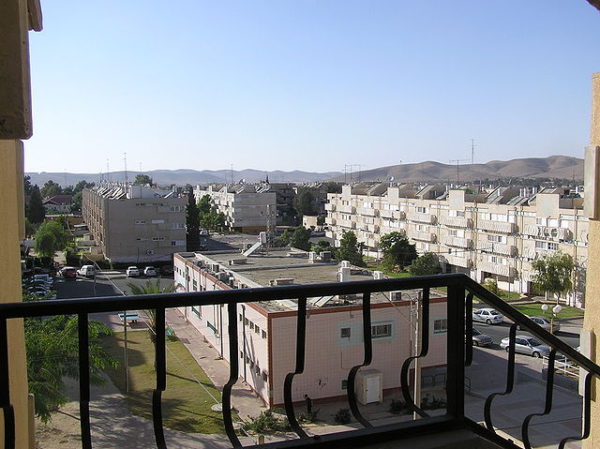
This past summer, he coined the phrase “Dimona, not Amona,” a snappy reference to an Israeli town in the Negev Desert and an illegal outpost in the West Bank that the Israeli government demolished. What he meant was clear: Israel should focus its energy developing itself rather than building or expanding settlements in the West Bank.
In a recent interview, Gabbay was asked how he differs from Netanyahu in terms of his view of settlements. He replied, “There is a huge gap between those who at least want to get there (to a peace agreement with the Palestinians) and those who don’t want to get there.”
This, of course, was an oblique critique of Netanyahu, who has settled for conflict management rather than conflict resolution.
Netanyahu, whose party does not officially endorse the establishment of a Palestinian state, endorsed a two-state solution in 2009, but in the past two years, he has backtracked. In his latest comment several days ago, he suggested he would back autonomy, but not statehood, for the Palestinians. “I think they should have all the powers to govern themselves and none of the powers to threaten us,” he told the BBC. As for settlements, they are a “side issue,” he said. But in there last few months, he has boasted that no one has done more for the settlement project than his government, which has significantly expanded Israel’s network of settlements in the West Bank.
By backing Palestinian statehood, Gabbay leaves the impression that, unlike Netanyahu, he’s a reasonable politician in search of a pragmatic accommodation with the Palestinians. But by insisting on retaining all of Israel’s settlements in the West Bank, a collective obstacle to a peace agreement with the Palestinians, Gabbay more or less places himself in the same camp as the Israeli prime minister.
